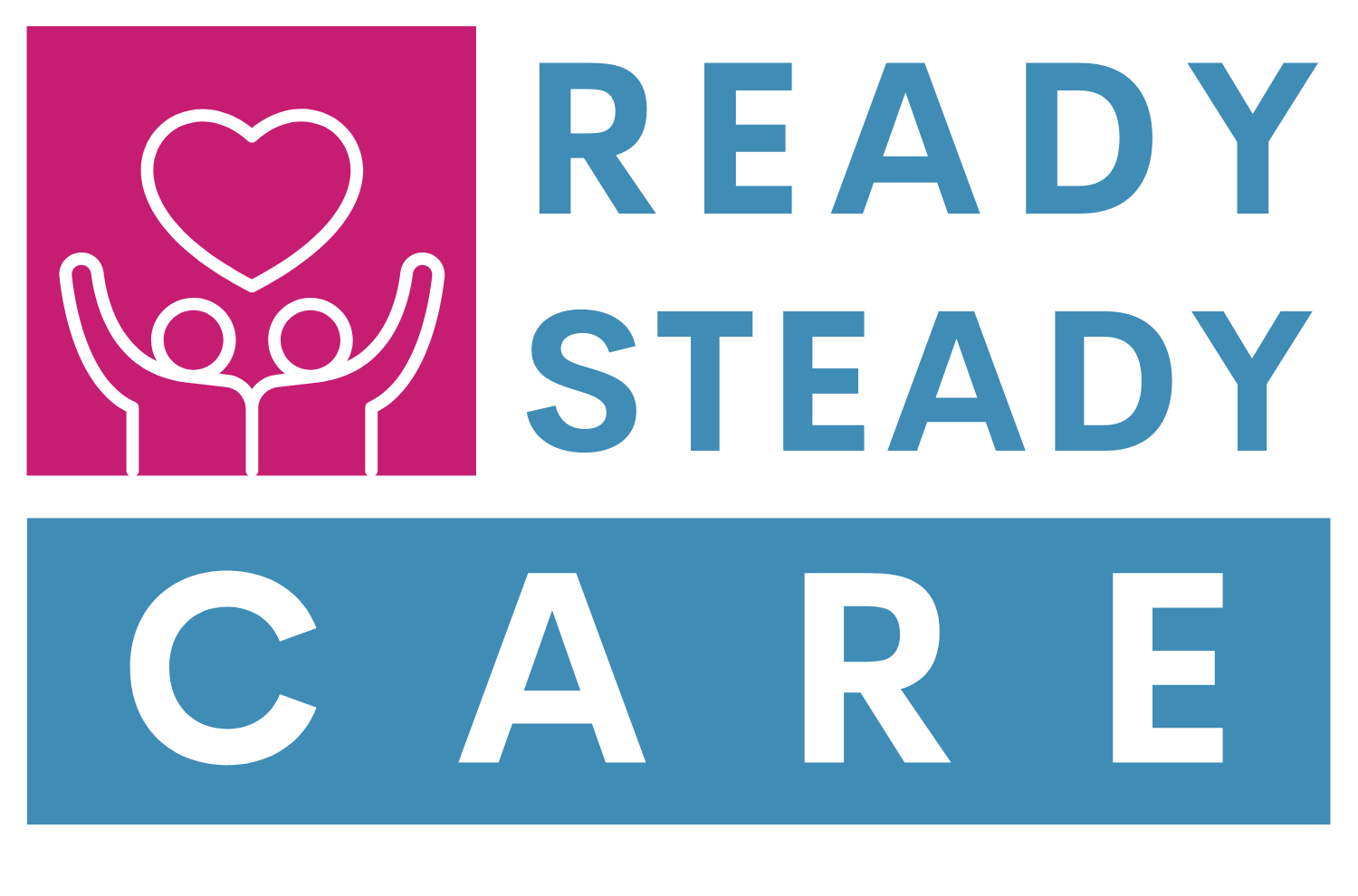Paying for elderly care varies. Much depends on your level of need and your assets.
Our detailed guide reveals what the average costs of home care are, and how much financial help you can expect from your local authority, according to where you live in the UK.
There is also information on a whole host of benefits you may be eligible for.
What is home help?

Home help services are becoming increasingly popular due to the rising cost of residential care. Home help services are ideal for those who require less assistance but still need someone around them 24/7.
There are many different types of home help services depending on your needs and budget. Some offer personal care such as dressing, bathing, feeding, toileting, medication reminders, light housework, grocery shopping, meal preparation, laundry, errands, transportation and companionship.
Others may provide more complex care like wound care, physiotherapy, occupational therapy, respite care, social visits, homemaking, emotional support, spiritual care, counselling, advocacy, financial advice, and legal advice.
What is involved with Home Care Costs?
Care costs vary widely depending on your situation. If you're looking after an older relative at home, then you'll need to factor in the cost of accommodation, meals, laundry, cleaning, medication, transport, respite care and other services.
Some carers may even need to buy special equipment, such as wheelchairs or walkers. Care costs can add up quickly, especially if you're caring for someone who needs regular medical attention. You can use our calculator to estimate what you might expect to spend.
Homecare costs vary depending on your needs and the type of service you require. You may choose to pay for services yourself, through private health insurance, or via government funding. Some services are free at the point of delivery, while others will incur additional fees. You may be eligible for government subsidies if you meet certain criteria.
How much does home care cost per hour?
Home Care is a service provided by many companies. You will usually get a quote before agreeing to hire someone. Home care costs vary depending on where you live, but you can expect to pay around £20 to £30 per hour. There are different types of home care available, including personal care, domestic help, nursing care, respite care, and companionship.
Home care is usually cheaper than residential care, especially if you need help during the week. However, you may need to pay extra for weekend and holiday cover.
How much does live in care cost?
In general, fees start at around £800 to £1,200 per week but can be up to £2,000 per month. How much 24-hr care at home is will depend on your needs, what service you need and what provider you choose, but will generally range from £600 to £1,500 per week.
For example, if you need 24/7 live-in care at an hourly rate of £50 per hour, this means you will spend: £2,700 per month (52 weeks divided by 12 months equals 42.8 days per month). £35,200 per year. Budgeting can help you plan your finances and it may be helpful to speak to a financial advisor about funding options.
To avoid spending money on services you don't need consider:
What kind of care will I need?
How often will I require care?
For how long do I need care?
What hourly rate am I expected to pay?
When receiving a quote from a homecare provider, calculate the estimate cost to see if you can afford it. Then budget accordingly.
If you’re not eligible for any other services, you may still qualify for NHS continuing healthcare. You’ll need to apply through your GP surgery or hospital trust.
Some trusts will cover the cost of your care if you meet certain criteria. For example, you must be unable to carry out everyday activities like washing yourself or dressing yourself, and you must have a life expectancy of less than two years.
Home Care Funding Options
A short overview of what you can expect to pay when looking at different types of home care funding options.
Financial assessment
You can ask your council for a financial assessment (means test) to check if you qualify for any help with costs.
You can choose to pay for care yourself if you don’t want a financial assessment.


Paying for your own social care self funding NHS
If you are living in a privately rented house, you may be eligible for housing benefits. If you are renting privately, you should contact your landlord about whether you are eligible for help with rent. You can also apply for social housing through your local authority. Your local authority can give you an estimate of what you might need to pay for your accommodation. You can then compare this against your income and savings to see if you are eligible for help.
If you don’t want a Financial Assessment, you can choose to pay for your own care. If you need help paying for your care, you should seek information about assistance programs available.
How to arrange your care as a self funder
You can arrange and pay for care without involving the council. You can also ask the council to arrange care for you. If you choose to pay for care yourself, the council will then bill you. However, not all councils offer this type of service and they may charge fees.
If your savings run out
If you need financial assistance because your savings have fallen below £23,250 then your local council may be able to help. Contact your local council three months before your savings drop below £23,250. Your council will assess your situation and tell you what help they can offer. If your savings are still below £23,250 after you’ve contacted your council, they won’t reimburse you.
Find out what care you need
Even if someone chooses to pay for their care, their council will assess what care they may need. This is called an assessment. For example, they’ll tell them whether they need help from paid carers for two hours a day or two hours a week, and exactly what they should help them with.
Receiving financial support for home care in England
If you need care at home, your local council may pay for it. Your council will assess your needs and if you meet those needs, they will recommend care at home and contribute to your care costs. If you’re not eligible for state funding, your council will give you advice on what other services you could access.
The council assesses your income and savings to see if you’re eligible for help paying for home care. You’ll get an estimate of what you owe, depending on your situation. If you’re not eligible for help, you may still qualify for other services like respite care or meals on wheels.
You aren’t going into a care or retirement home, so the means test won’t count the value of your house. If your capital is above £23,250, then you’ll need to pay for the home care service in full. If your capital is between £14,250 – £23,250, your local authority will contribute some of the cost.

Contact your Local Council for Funding care services
If you initially paid for your home care costs on your own but now realise that you are running out of money, the council may be able to provide assistance. Contact your local council as soon as you approach the £23,250 cutoff point to request an assessment.

Receiving financial support for home care in Scotland
People in the UK aged over 65 can get free personal care if they need it. If you have received an assessment that you need personal and/or nursing help, the NHS will provide it for you, regardless of income, wealth, and marital status. You may also qualify for other benefits like housing benefits, council tax reductions, and even free bus travel.
Home care includes personal care, domestic chores, meals, transport, social activities, and emotional support. Home care is often provided by paid professionals, such as nurses, care workers, or volunteers.
Some councils also offer additional services, such as gardening, cleaning, and laundry.
You may qualify for home care if you need assistance with at least two of the following: eating, mobility, continence, dressing, bathing, grooming, toileting, moving about inside the home, managing medications, or communicating.
Your council will assess whether you need home care and what level of service you require. If you are eligible, your council will arrange home care services.
You should check if there is anything else you might need to cover before you leave hospital. You will probably be charged for this. If you are discharged from hospital, you should ask about payment arrangements.
In terms of capital limits, guidelines from Convention of Scottish Local Authorities (COSLA), recommend local authorities disregard the first £5,000 of your savings when calculating your council tax bill. If you have more money than this, a weekly tariff income rate of £0.50 per £100 over £5,000 is assumed. So if you have £15,000, you will pay £4.00 per week in council tax.
If you’re under state pension age, the first £6000 will be disregarded and your tax rate will be 1p per £250.
Receiving financial support for home care in Wales
In Wales, the capital limit for social care is £100 per week. This includes any care provided at home, whether paid for privately or through the NHS. Local authorities must also provide free personal care if someone receives help with washing and dressing. If a person needs more care than this, they may need to pay for additional care.
In England, there is currently no cap on what couples can save together. However, if you are married, any money saved above £24,000 must be split 50/50. If you are not married, then you can keep all your savings.
The means test will only consider your income if your capital is less than £24,000 to decide how much you must donate toward your home care services.
You must have a certain amount of income to live on, so the Welsh Government will only make you pay what you can afford.
For instance, if the local authority charges £50 per week for the home care service you need, you might only be charged £30 if the means test determines you can pay that amount.


Receiving financial support for home care in Northern Ireland
Northern Ireland is divided into five health and social care trusts. Your local trust will assess your care needs and determine if you need any help. If you need help, they will tell you about the services available to you. You may qualify for financial assistance, home adaptations, respite care, or other services. The amount of care you receive depends on the needs assessment, not on your income.
The five trusts in Northern Ireland are Belfast Health and Social Care Board, Northern Health and Social Care Board (NHS), South Eastern Health and Social Services Board, Southern Health and Social Care Board and Western Health and Social Care Board. These five trusts cover all areas of Northern Ireland. Their aim is to ensure that everyone living in Northern Ireland receives high-quality, safe and compassionate care regardless of their location or income.
You may also receive direct payments. If you ask for them, the trust will decide whether they agree.



